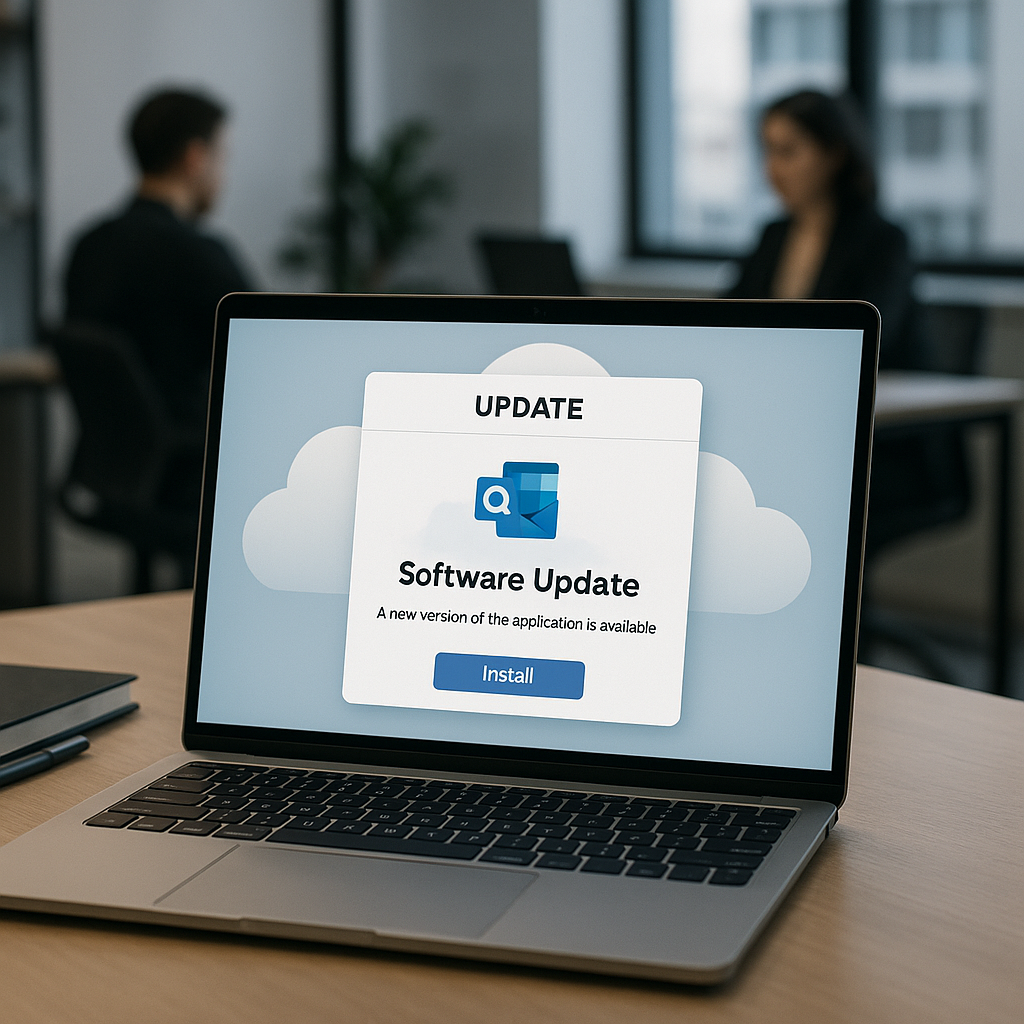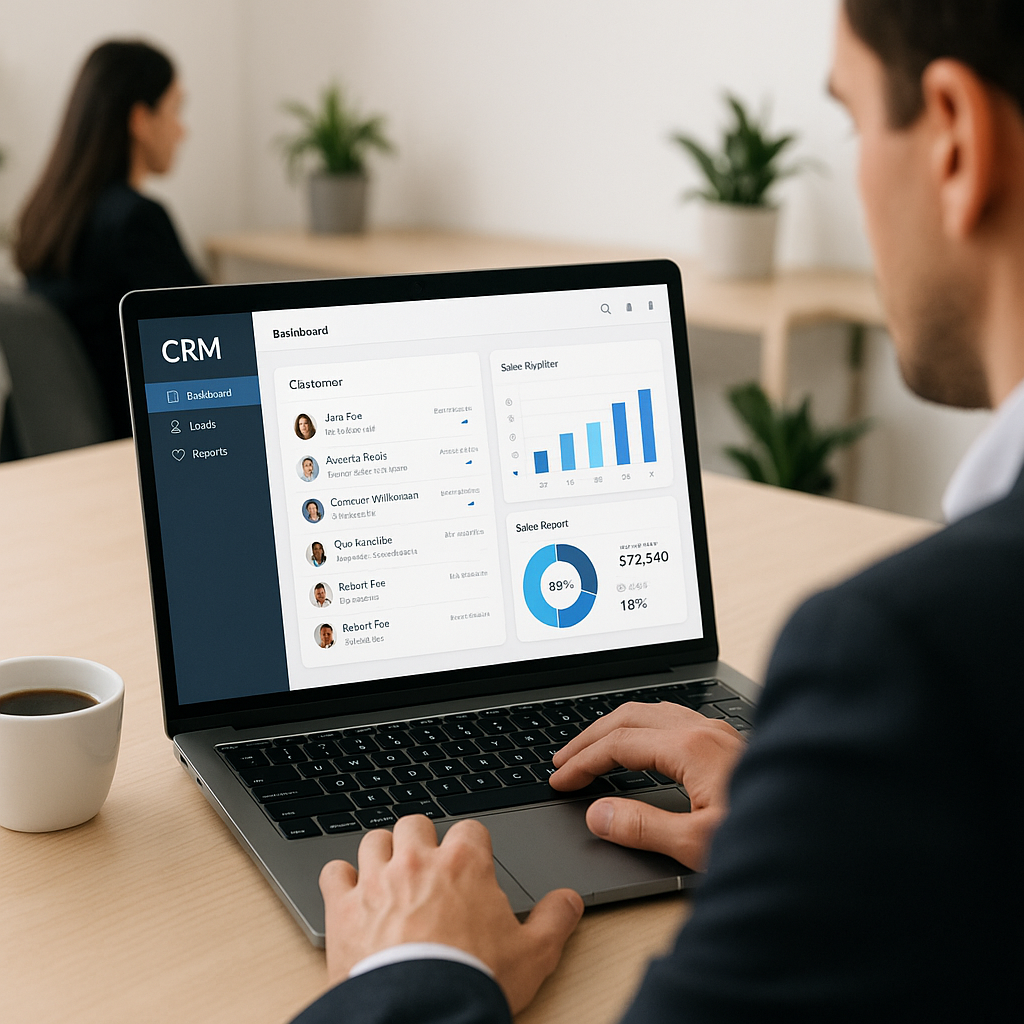# The Impact of AI on Health Reporting: Analyzing RFK Jr.’s “Make America Healthy Again” Report
Artificial Intelligence (AI) is redefining various sectors in today’s world, including healthcare. However, the recent controversy surrounding Robert F. Kennedy Jr.’s “Make America Healthy Again” (MAHA) report has unveiled the pitfalls of relying on AI technologies without proper vetting, calling into question the accuracy and credibility of its findings. This situation underscores a crucial point for decision-makers and entrepreneurs: while AI offers tremendous potential, it must be used cautiously to maintain integrity in vital sectors like health.
In this blog post, I aim to delve into the intricacies of the MAHA report, shedding light on its notable inaccuracies, the role of AI in creating such documents, and the lessons we can learn from these developments. As the potential for AI to streamline processes and enhance data analysis continues to grow, understanding its limitations is essential for fostering responsible and accurate reporting, particularly in areas impacting public health.
## Understanding the Inaccuracies of the MAHA Report
### A Deep Dive into Citation Errors
An investigation by NOTUS revealed a multitude of issues within the MAHA report, such as broken links, incorrect authors, and misrepresented studies. Alarmingly, at least seven sources cited in the report were entirely fictitious. This discovery raises a significant concern about the reliability of data presented in critical health documents, especially when lives and wellbeing are at stake.
### The Role of AI in Content Creation
The emergence of generative AI tools, such as ChatGPT, has transformed how information is generated, but they come with their own set of challenges. Often, these tools produce “hallucinated” content—false or inaccurate information that can seep into legitimate reports if not meticulously checked. The MAHA report appears to be a classic example of AI’s limitations being overlooked, with the reliance on generated content leading to substantial misinformation.
This scenario is particularly relevant for businesses leveraging AI to streamline operations and manage large datasets. If meticulous reviews are not applied, the repercussions of inaccurate data can be severe, especially within the healthcare industry where lives hinge on the accuracy of information.
## The Potential for AI in Healthcare
### Improved Data Management
Despite the pitfalls seen in the MAHA report, it is undeniable that AI, when integrated responsibly, can enhance healthcare data management significantly. By automating routine tasks and analyzing large datasets, AI can streamline processes, save time, and enhance decision-making. For instance, a clinic incorporating AI-driven solutions can efficiently manage patient records, appointments, and treatment plans, leading to improved patient care and satisfaction.
### Boosting Revenue through Efficiency
AI can also indirectly boost revenue by optimizing workflows. Take for example an online pharmacy integrating AI to predict medication stock levels based on patient prescriptions. By ensuring stock availability, the pharmacy can improve customer service and increase sales, ultimately leading to better financial outcomes.
## Addressing AI’s Role in Public Reports
### Ensuring Credibility in AI-Generated Content
As I mentioned earlier, AI tools can contribute to creating content quickly and efficiently. However, the MAHA report reveals the necessity of establishing a robust verification system to ensure factual accuracy. Businesses should implement a multi-layered review process that includes human oversight to authenticate the information generated by AI before it’s released to the public.
### The Importance of Training Models Properly
For organizations looking to deploy AI effectively, it’s essential to invest in training high-quality models tailored to specific needs. This means ensuring that datasets utilized for training are composed of accurate and reliable information, especially when dealing in fields that have a direct impact on public health and safety.
## Implementing Actionable Solutions Moving Forward
### Advocate for Transparent AI Use
As enterprises navigate their way through the adoption of AI technologies, advocating for transparency in AI processes must be a priority. Organizations should openly communicate which technologies they are deploying, the rationale behind their use, and how they ensure data integrity.
### Foster Collaboration Between Humans and AI
Incorporating AI into business workflows doesn’t mean replacing human intelligence; rather, it should enhance it. We at Best Choice believe in the power of human-AI collaboration, where AI serves as a tool to empower professionals rather than a standalone solution. This synergistic approach can maximize the strengths of both human insight and AI efficiency, leading to improved outcomes.
### Continuous Monitoring and Improvement
Finally, ongoing monitoring of AI impacts and outcomes is essential. By establishing KPIs and assessing the effectiveness of AI implementations regularly, businesses can gain valuable insights and make necessary adjustments to ensure their AI usage remains both effective and ethical.
## Conclusion
The unfolding situation with RFK Jr.’s “Make America Healthy Again” report highlights the importance of conscientious AI implementation in critical fields like healthcare. At Best Choice, we emphasize the need for thorough verification and human oversight in AI-driven processes. By learning from the errors exhibited in public reports, businesses can adopt AI technologies responsibly, ensuring accurate imprints on their operations.
If you’re considering integrating AI solutions into your business or need assistance with data management and reporting, we invite you to reach out to us at Best Choice. Let’s work together to harness AI’s potential to enhance efficiency while ensuring the accuracy and reliability of your vital information.





